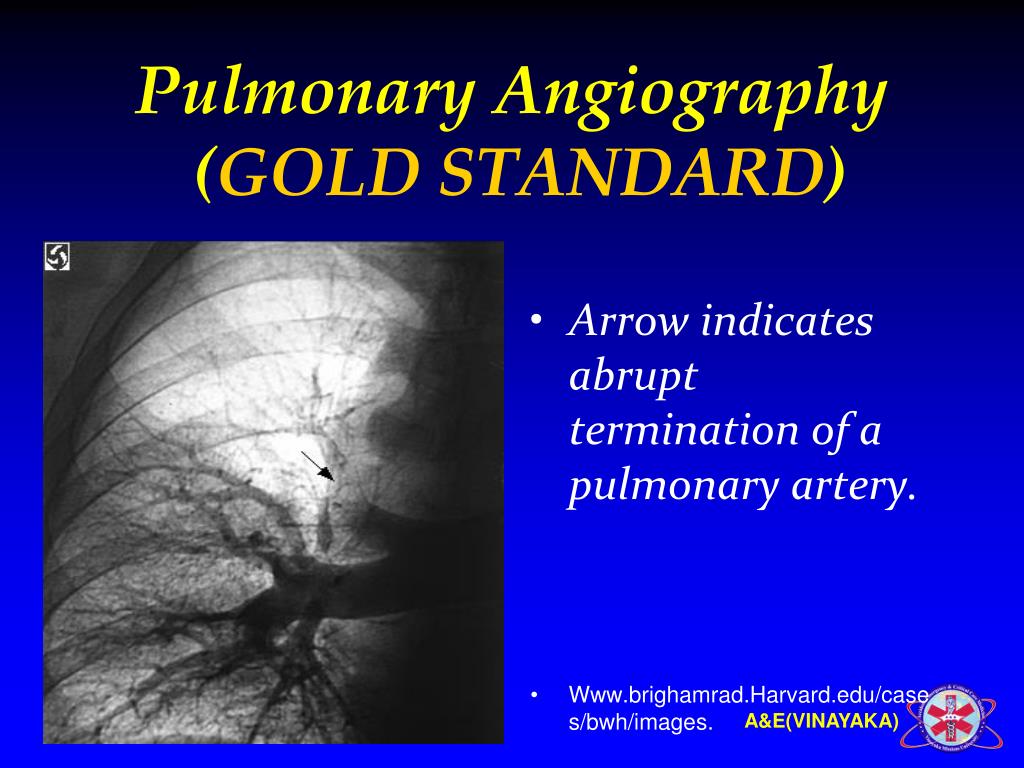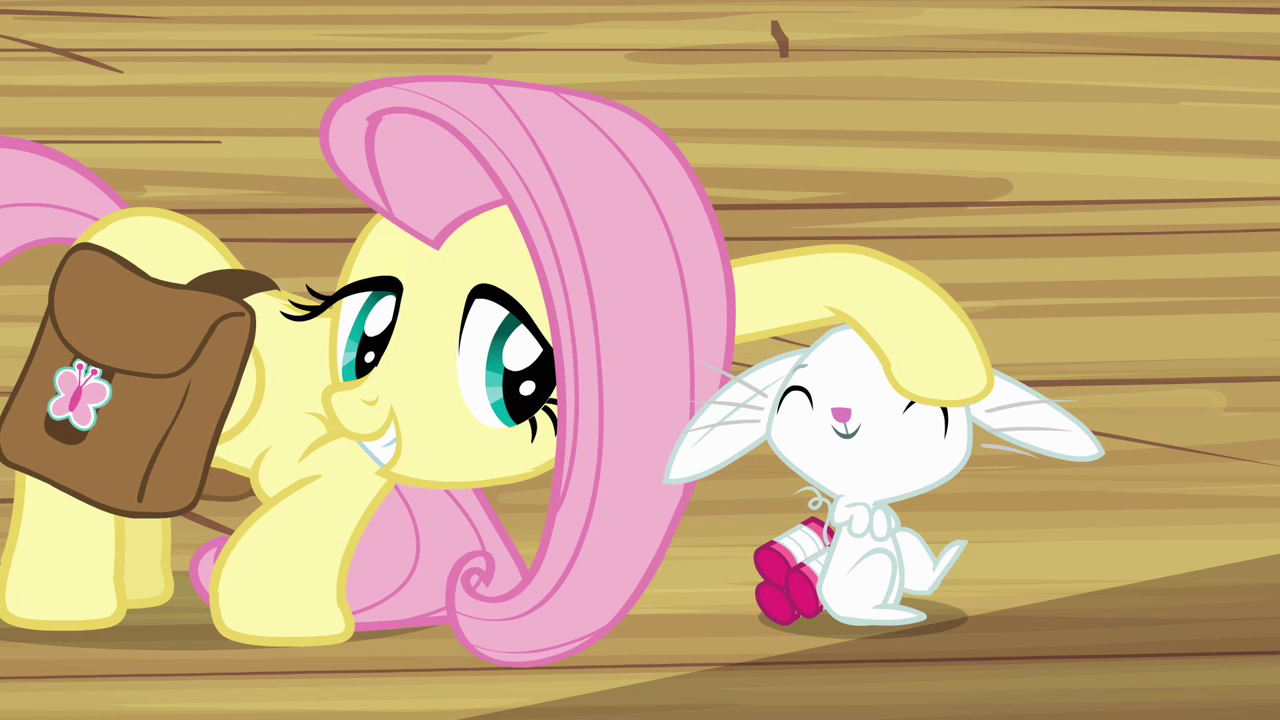
Alcohol or caffeine: Having either of these stimulants close to bedtime can cause your heart to race and make it difficult for you to sleep.Stress: Anxiety, depression, and stress can affect your heart rate.Nicotine use: Recently smoking tobacco products, especially on an empty stomach, can lead to heart palpitations.Hormones: Fluctuating hormones can speed up your heart rate during the menstrual cycle, pregnancy, and menopause.Most people have heart palpitations from time to time. Try lying flat on your back or sitting up, drinking water, and focusing on breathing. Lying down on your side in a hunched position can increase the pressure in your body and create heart palpitations. Your body position may be a factor in heart palpitations. You may not notice the symptoms of heart palpitations during the day or when you’re active, but heart palpitations at night are very noticeable when you’re lying still. Heart palpitations are usually not a sign of anything serious, but can seem quite unsettling when they occur. Heart palpitations are actually quite common and can occur at any time of day.


If you don’t think any of their common causes apply to you, it may be best to talk to your health care provider. If this sounds like you, then you may be relieved to know that nighttime heart palpitations (the feeling that your heart is skipping a beat, fluttering, or racing) are common and usually don’t signal a major health problem. In some cases, people with A-Fib may need a pacemaker – a small electrical device placed inside the body to regulate heartbeat.You go through the day feeling fine, but when nighttime rolls around and you lie down to sleep, your heart starts beating rapidly. A non-surgical procedure called cardioversion can also restore the heart’s normal rhythm. Medications like blood thinners can reduce the risk. Once patients are diagnosed with A-Fib, they need additional evaluation to check their risk for stroke. Heart palpitations or fluttering feeling.While A-Fib is usually not life-threatening, it does increase the chance of a stroke occurring because it prevents part of the heart from properly beating and effectively moving blood. It occurs when the heart beats at an irregular, often rapid pace. Atrial FibrillationĪtrial fibrillation (A-Fib) is the most common type of heart arrhythmia. Lifestyle changes like stress management can also help. Treatments to get rid of palpitations or reduce their frequency are available. Heart conditions related to palpitations include:Īsk your doctor about simple tests that can find the cause of your palpitations.If you experience palpitations and one or more of the following symptoms, seek medical care immediately: In more serious cases, they are a symptom of a medical condition or underlying heart disease. Sometimes, they occur because of hormonal changes fear, anxiety or stress medications or because someone has had too much alcohol, caffeine or nicotine. While they can be frightening, they aren’t usually serious and may go away on their own. Palpitations are feelings that one’s heart is beating rapidly, fluttering, stronger than usual or skipping beats. Medications and treatments may be able to restore the heart’s normal rhythm. Simple, noninvasive tests can often show the reason why an arrhythmia is occurring. If you experience persistent, annoying symptoms, contact your doctor. Several conditions can cause arrhythmias, including: That’s why it’s important to watch for noticeable arrhythmia symptoms, including: Still, certain kinds of arrhythmias, like ventricular fibrillation can be life-threatening. Some don’t even cause symptoms, and when they do, it doesn’t mean something is seriously wrong. Not all arrhythmias are harmful or linked to conditions that require evaluation and treatment. They are caused by flaws in the heart’s usual electrical signals. ArrhythmiasĪrrhythmias (uh-RITH-me-uhs) are when the heart fires too fast, too slow or irregularly. Here’s what you need to know about these heartbeat changes. But other times, it happens because of an underlying heart condition.

Sometimes, your heart beats fast because you’re nervous, excited or had too much coffee. Heartbeats can stray from their regular rates and rhythms for several reasons. Is this normal or a sign of something more serious? Your heart is suddenly racing and feels like it’s skipping beats.


 0 kommentar(er)
0 kommentar(er)
